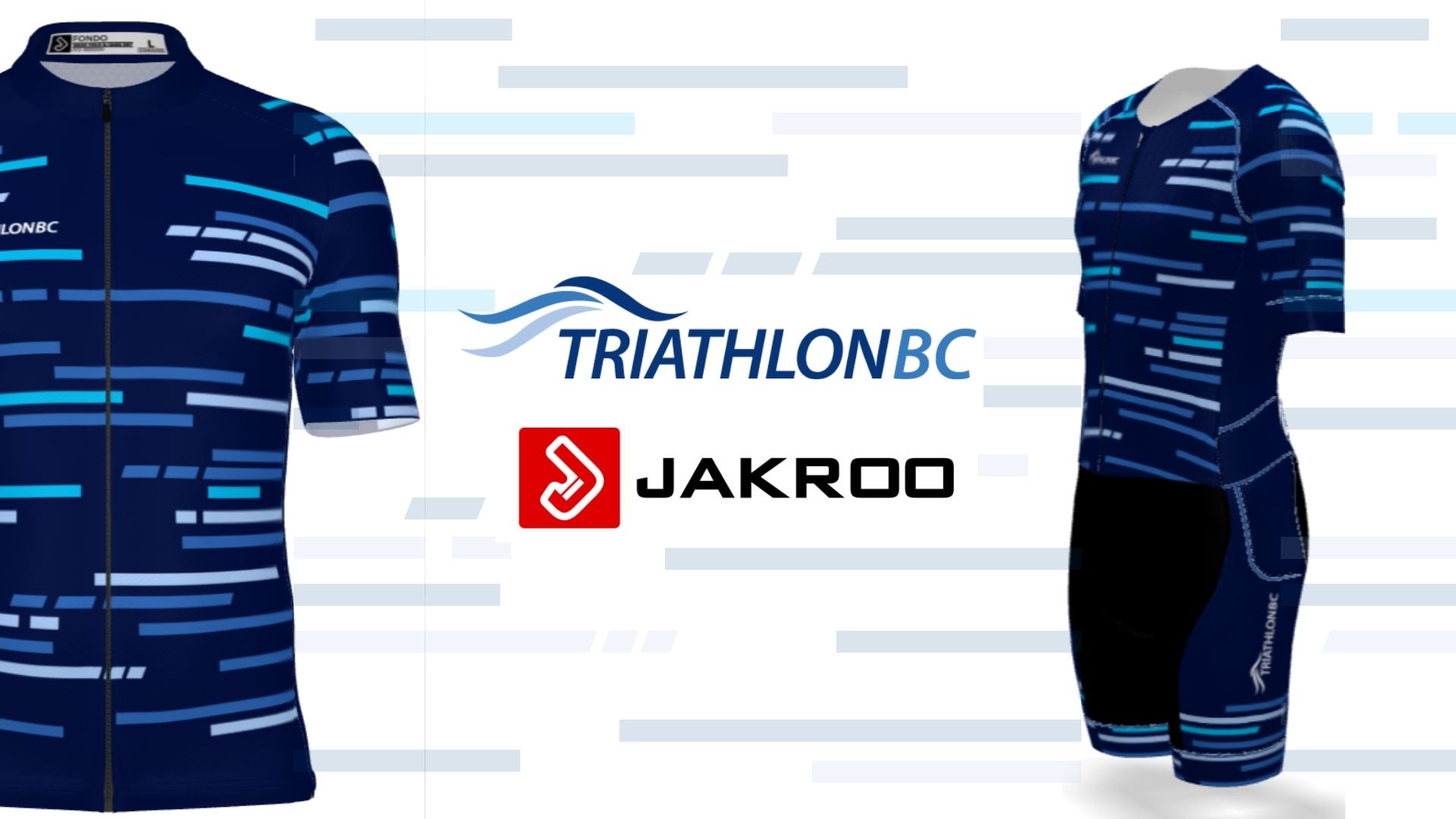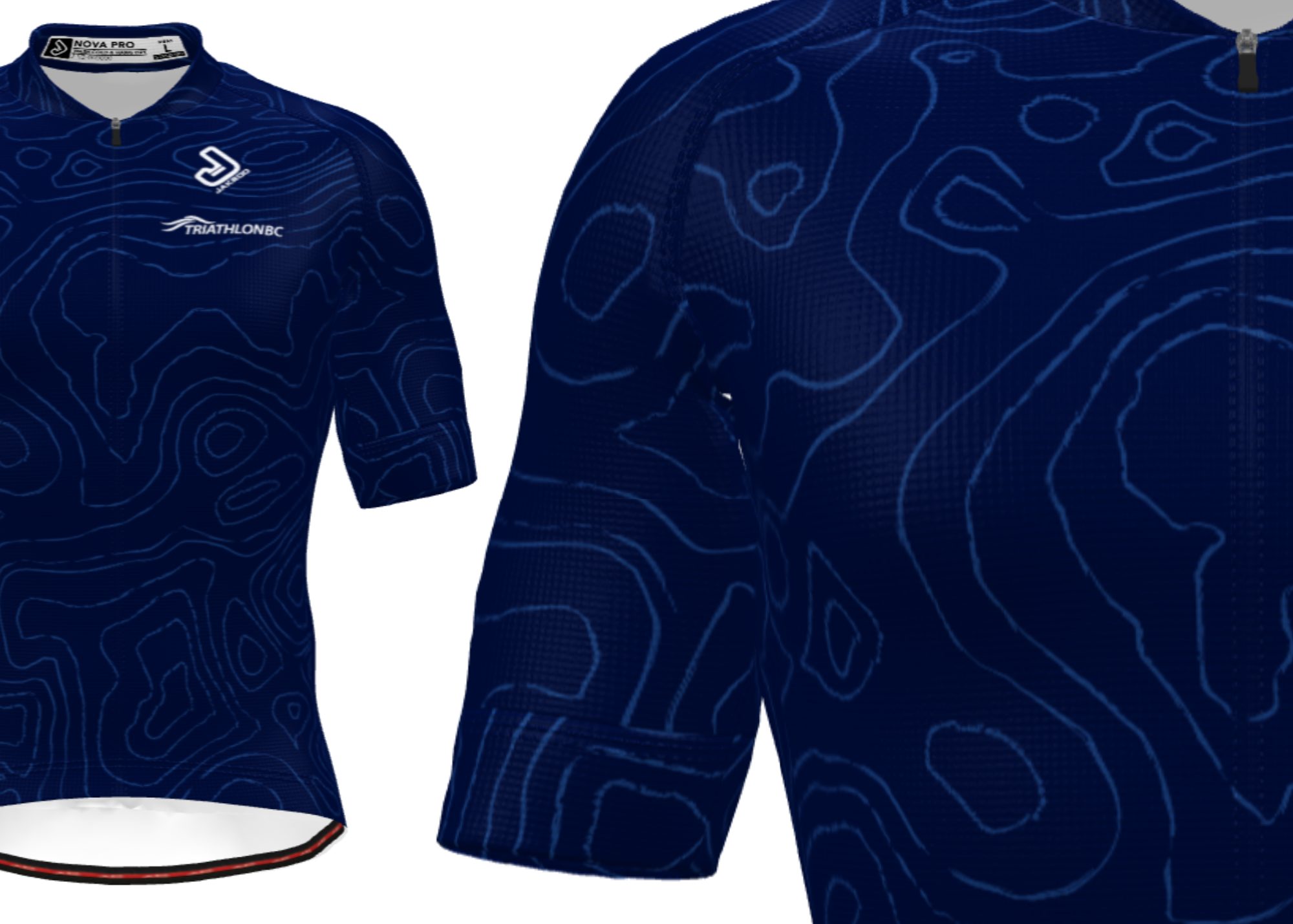By Ashleen Bandesha, Fortius Sport & Health
Sleep is unfortunately the victim of everyday trade-offs. Popular sayings like ‘sleep is for the weak’ or ‘I’ll sleep when I’m dead’ constantly undermine the importance of this basic human necessity. Over the years, research has shown a direct correlation between sleep and athletic performance.
It is recommended that 7-9 hours of sleep will allow for psychological, physiological and physical recovery. Here are just a few of the ways that some good old ‘shut-eye’ can optimize athletic performance.
1. PSYCHOLOGICAL – REACTION TIMES
Whether you are running head to head with your competition on the track or making a glove-save in the rink, the smallest fraction of time will make the biggest difference. Lack of sleep has been known to reduce this alertness and decrease reaction times. In fact, moderate sleep deprivation has been proved to have the same effect on reaction times as alcohol intoxication of 0.05% BAC. Imagine the accuracy of shooting a basket after a couple of beers.
LEARNING & MEMORY
Sleep is quite impactful on our ability to learn new tasks that require both motor coordination and performance. The construction of new memories comes with learning. Earlier stages of sleep have been known to consolidate our muscle memory which allows us to perform movements without utilizing any conscious efforts. Our focus, attention and vigilance take a back seat when we are sleep deprived. This makes it more difficult for us to receive and apply new and existing information.
MOTIVATION
In order to hit those PB’s, high-level athletes must be motivated to take on whatever the day’s training may have in store. If you take on the day fully rested, your mood will be boosted and you won’t feel the dreaded irritability that comes from lack of sleep.
2. PHYSIOLOGICAL – HORMONE RELEASE
The quality of your sleep is just as important, if not more, than the length of your sleep. There are multiple stages to sleep. Stage 1 highlights the start of the sleep cycle where one is still consciously aware of any environmental change. The beginning of the actual sleep cycle occurs in stage 2, which lasts between 10 and 20 minutes. The deepest phases of sleep occur for about 30-40 minutes at stages 3 and 4 followed by a period of active sleep called REM (Rapid Eye Movement). Stages 3 and 4 are integral to athlete development as this is where Growth Hormone is released and cortisol is regulated.
Growth hormone, or sometimes known as HGH, is an important part of the body’s endocrine system. It is essential for muscle repair, muscle building, bone growth and promoting the oxidization of fats. This is critical for maintaining a certain standard of performance throughout your athletic career.
Cortisol, also known as the stress hormone is regulated in deep sleep. Cortisol levels directly impact the body’s ability to digest glucose. Since endurance is based on our body’s ability to metabolize and synthesize glucose for later use, quality of sleep becomes even more important for athletes specializing in endurance-testing sports like swimming and track.
3. PHYSICAL – INJURY RISK
The physical benefits of proper sleep act as a subset of both the psychological and physiological advantages. A study conducted by Milewski et al. in 2014 found that adolescents who had less than 8 hours of sleep compared to their counterparts who slept 8 hours or more were 1.7 times more likely to experience an injury. This doesn’t seem far off when we look back to the lessened reaction times and cognitive abilities of sleep-deprived athletes.
ILLNESS SUSCEPTIBILITY
Another study from 2009 concluded that people who slept less than 7 hours were three times more likely to develop a cold after direct application of a cold virus than those who got an optimal amount of sleep. Falling ill to a cold that seems to be cycling around can easily become an impediment to the momentum that comes with consistently training.
Despite all of the observable benefits of a full night of sleep, many athletes struggle to reserve those uninterrupted 7-9 hours due to strict training camp scheduling and travel time. The Lodge at Fortius is designed to mitigate these problems. With everything at your fingertips, whether it is our Training Centre, Pitch, Bistro or practitioners, we aim to help athletes worry less and sleep more.
The Fortius Lodge is located on the third, fourth and fifth floors of the Fortius facility. It is designed with sports teams and training camps in mind, but is open to anyone wanting to stay with us.
Visit the Fortius website to learn more about the Fortius Lodge and to book your overnight stay.
Did you know Triathlon BC members receive a preferred rate on select injury prevention and performance testing? If you’re a current Triathlon BC member, Redeem here to save up to 25% using promo code TriFortius2018.
REFERENCES
- 5 areas sleep has the greatest impact on athletic performance. (2016, November 02). Retrieved June 20, 2017, from https://www.fatiguescience.com/blog/5-ways-sleep-impacts-peak-athletic-performance/
- Bird, S. P. (2013). Sleep, Recovery, and Athletic Performance. Strength and Conditioning Journal,35(5), 43-47. doi:10.1519/ssc.0b013e3182a62e2f
- How Sleep Impacts Athletic Performance. (2017, May 26). Retrieved June 20, 2017, from https://www.tuck.com/sleep-and-athletes/
- Marshall, G. J., & Turner, A. N. (2016). The Importance of Sleep for Athletic Performance. Strength and Conditioning Journal,38(1), 61-67. doi:10.1519/ssc.0000000000000189
- Simpson, N. S., Gibbs, E. L., & Matheson, G. O. (2016). Optimizing sleep to maximize performance: implications and recommendations for elite athletes. Scandinavian Journal of Medicine & Science in Sports,27(3), 266-274. doi:10.1111/sms.12703
- Sleep and Mood. (n.d.). Retrieved June 20, 2017, from http://healthysleep.med.harvard.edu/need-sleep/whats-in-it-for-you/mood
- Sleep, Learning, and Memory. (n.d.). Retrieved June 20, 2017, from http://healthysleep.med.harvard.edu/healthy/matters/benefits-of-sleep/learning-memory
- Williamson, A. M., & Feyer, A. (2000). Moderate sleep deprivation produces impairments in cognitive and motor performance equivalent to legally prescribed levels of alcohol intoxication. Occupational and Environmental Medicine,57(10), 649-655. doi:10.1136/oem.57.10.649




